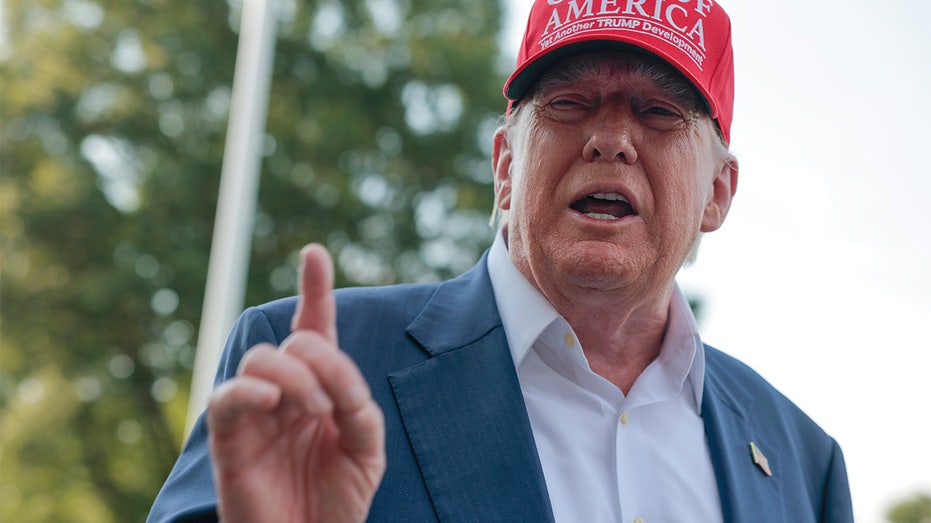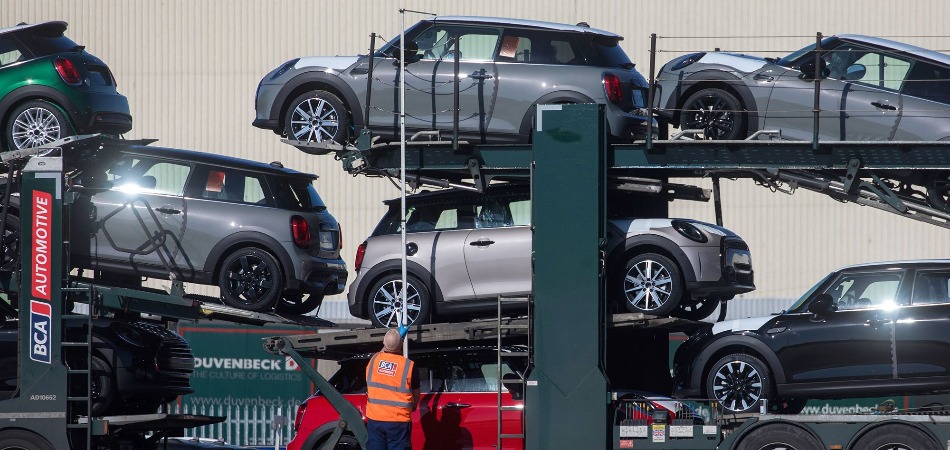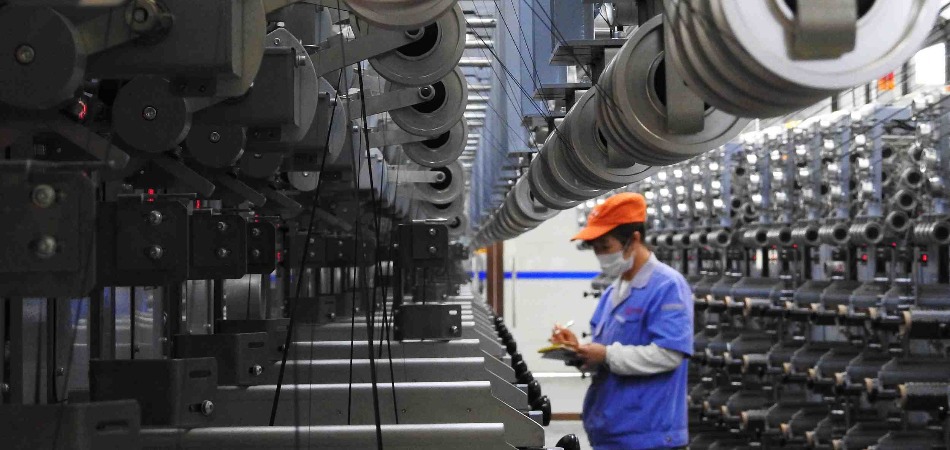Trade to headline as Southeast Asian leaders meet in Bangkok

By MG News | June 22, 2019 at 08:55 AM GMT+05:00
June 22: Southeast Asian leaders gather in Bangkok on Saturday eager to drive forward the world's largest commercial pact, with the trade war between the US and China muddying the outlook for their export-led economies.
Squabbles in the flashpoint South China Sea, Myanmar's treatment of Rohingya Muslims and pollution in the seas will also likely get an airing at the two-day Association of Southeast Asian Nations (ASEAN).
But trade will take centre stage with ASEAN leaders keen to hasten the signing of a China-drafted commercial deal covering around half the world's population.
The Regional Comprehensive Economic Partnership (RCEP) includes all 10 ASEAN economies, plus India, Japan, South Korea, Australia and New Zealand.
It is seen as a mechanism for China to draft the rules of Asian-Pacific trade, following a US retreat from the region.
Shortly after his election, President Donald Trump pulled the US from the Trans-Pacific Partnership (TPP) -- which would have been the world's largest trade deal -- slamming it as an American "job killer".
While tit-for-tat tariffs between the world's biggest two economies have seen some manufacturers flee China to safer ASEAN hubs, economists say the big picture for global growth is bleak.
"I think they (US and China) will come to their senses, they know (the trade war) is damaging," Malaysian premier Mahathir Mohamad, told a Bangkok business forum on Friday.
"I think if Trump loses the next election we might have a solution."
With uncertainty abounding, ASEAN is keen to hammer out the RCEP trade deal.
Talks are expected on Saturday when ASEAN foreign ministers and trade representatives meet.
On Friday Thai junta-leader turned premier Prayut Chan-O-Cha vowed to help "expedite" the signing of the deal this year during his nation's chairmanship of the regional bloc.
Progress has stuttered in recent months with India digging in over fears cheap Chinese goods could flood its massive consumer market.
Australia and New Zealand have also raised concerns over a lack of labour and environmental safeguards.
The meat of the negotiations is expected to be got into later in the year, when trade envoys from all of the potential signatory countries assemble.
"China and ASEAN may wish for a speedy conclusion but the matter cannot be decided by them alone," said Tang Siew Mun, head of ASEAN studies at ISEAS Yusof Ishak Institute in Singapore.
ASEAN is often criticised as a soft forum where diplomatic niceties often outweigh concrete action on pressing problems.
Malaysia's Mahathir raised the prospect of a joust with Myanmar over the Rohingya, the Muslim minority driven in massive numbers into Bangladesh by waves of concussive violence.
"We hope something can be done to stop the oppression," he said.
Myanmar's Aung San Suu Kyi will attend the summit.
The bloc are set to agree a statement to "prevent and significantly reduce" marine debris across the region, according to a draft text seen by AFP.
AFP/APP
Related News
| Name | Price/Vol | %Chg/NChg |
|---|---|---|
| KSE100 | 131,949.07 198.95M |
0.97% 1262.41 |
| ALLSHR | 82,069.26 730.83M |
0.94% 764.01 |
| KSE30 | 40,387.76 80.88M |
1.11% 442.31 |
| KMI30 | 191,376.82 77.76M |
0.36% 678.77 |
| KMIALLSHR | 55,193.97 350.11M |
0.22% 119.82 |
| BKTi | 35,828.25 28.42M |
3.64% 1259.85 |
| OGTi | 28,446.34 6.84M |
-1.02% -293.01 |
| Symbol | Bid/Ask | High/Low |
|---|
| Name | Last | High/Low | Chg/%Chg |
|---|---|---|---|
| BITCOIN FUTURES | 108,125.00 | 110,525.00 107,865.00 |
-2290.00 -2.07% |
| BRENT CRUDE | 68.51 | 68.89 67.75 |
-0.29 -0.42% |
| RICHARDS BAY COAL MONTHLY | 97.50 | 0.00 0.00 |
0.75 0.78% |
| ROTTERDAM COAL MONTHLY | 106.00 | 106.00 105.85 |
-2.20 -2.03% |
| USD RBD PALM OLEIN | 998.50 | 998.50 998.50 |
0.00 0.00% |
| CRUDE OIL - WTI | 66.50 | 67.18 66.04 |
-0.50 -0.75% |
| SUGAR #11 WORLD | 16.37 | 16.40 15.44 |
0.79 5.07% |
Chart of the Day
Latest News
Top 5 things to watch in this week
Pakistan Stock Movers
| Name | Last | Chg/%Chg |
|---|
| Name | Last | Chg/%Chg |
|---|




 Central Government Debt
Central Government Debt
 CPI
CPI